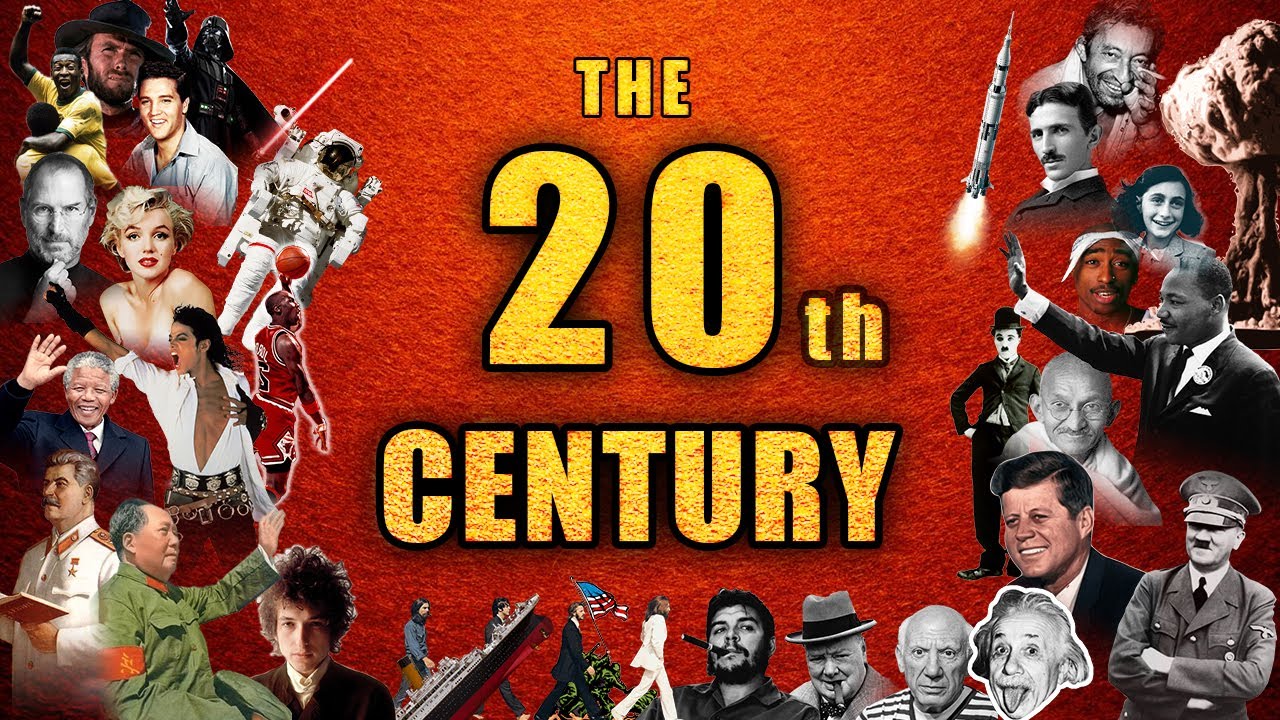After World War II the nations of western Europe maintained their sovereignty and nationalist outlook but formed an economic union, the Common Market. In Britain a social revolution was accomplished with the nationalization of some industries and the extension of social programs. In the 1980s, however, Britain still faced economic difficulties and the unresolved problem of Northern Ireland.
In France, General de Gaulle reestablished republican government after liberation. Although he left office in 1946, he returned in 1968 to preside over the birth of the Fifth Republic.
During the postwar period the West German economy benefited from the building of new, modern, industrial facilities. Democratic government was established but reunion with East Germany was not accomplished until 1990.
Italy experienced turmoil in the postwar years although it enjoyed economic growth. The Italian Communist party increased in size but declared its willingness to enter into a coalition government. The Catholic church took bold initiatives in politics, especially during the pontificate of Pope John XXIII.
Dictatorships in Spain and Portugal were replaced by constitutional governments. The Scandinavian and Low countries enjoyed prosperity and stability in the postwar period.
The United States experienced unprecedented changes after World War II. Instead of isolation, it organized worldwide alliances and became involved throughout the globe. It was forced to deal with the existence of the poor within its own borders and recognize that the traditional notion of an economy of abundance had its limitations. It was challenged by the Soviet Union in foreign affairs. The assassinations of three political leaders, the radical youth movements of the 1960s and 1970s, antiwar and antiabortion protests, and demands for social change reflected serious tensions. Three successful Republican parry presidential victories brought a high degree of stability, though by the 1990s economic problems had become acute.
Canada experienced growth but faced the demands of French-speaking Canadians. In Mexico, serious economic troubles threatened the nation.
As elsewhere, the Soviet Union and the nations of eastern Europe experienced cycles of prosperity, growth, and economic stagnation, as well as social and political unrest. In 1956 Khrushchev denounced Stalin and ended the policy of mass terror. Soviet leaders emphasized production, but agricultural production remained below desired levels. After Mikhail Gorbachev became the Soviet leader, instituting many reforms, the Soviet Union was substantially democratized, free enterprise was permitted, the Eastern bloc satellites all denounced old-style communism, and the cold war appeared to be at an end. Ethnic nationalism broke Yugoslavian unity and threatened to do so in Russia.
In the non-Western world, educated people as well as urban and rural populations wanted independence. Britain, France, the Netherlands. Belgium, and eventually Portugal were forced to dismantle their empires.
Meanwhile in Asia, Japan established a democratic government during the American occupation. Its economy was rebuilt, resulting in spectacular growth. Tensions between the United States and Japan developed in the 1970s as a result of the American decision to recognize China and of economic measures that hurt Japanese trade with the United States. South Korea suffered through political instability and dictatorship in a time of economic growth.
New nations emerged in southeast Asia, although some, such as Indonesia, were poorly prepared for independence and faced political turmoil. In 1947 South Asia was partitioned between India and Pakistan. The divided nation of Pakistan was torn by civil war in 1971 when East Pakistan became the independent nation of Bangladesh, and India emerged as a regional power.
Oil and tensions between Arab nations and Israel caused frequent international crises in the Middle East during the postwar period. Oil was used as a weapon in international diplomacy. Despite Egypt’s recognition of Israel, conflict between other Arab nations and Israel continued to make the region unstable. In 1991 war broke out between an American-led United Nations coalition and the government of Iraq over the latter’s sudden annexation of oil-rich Kuwait. Nonetheless, Israel and the PLO reached an agreement in 1994.
African nations achieved independence but faced the problem of political instability. In South Africa, the white controlled government imposed a rigid separation of races known as apartheid in 1948, not abandoning it until 1991.
As in Africa and Asia, the nations of Latin America had traditionally been exporters of raw materials and food crops. Independence and industrialization caused economic strains and political unrest that threatened many nations of the region and resulted in military coups, even in countries such as Chile and Uruguay that had democratic traditions.
Though the historian does not deal with the future, there were clear trends from the past that would continue to shape at least the near term. “Our times” had brought vast movements of people, great changes in technology, enormous population growth in many societies (and “no growth” policies to others). The definition of human rights had been broadened and “world opinion” was now a legitimate concern.
The nature of the family had changed, and for each social improvement, there seemed to be a counter-weighing social ill. Racial discrimination was, at the least, far less overt; in much of the West, the emancipation of women had been achieved; forms of the welfare state were nearly universal.
Western civilization, especially in its mass cultural expressions and in forms originating in North America, continued to have a vital and deep impact on all other societies.

